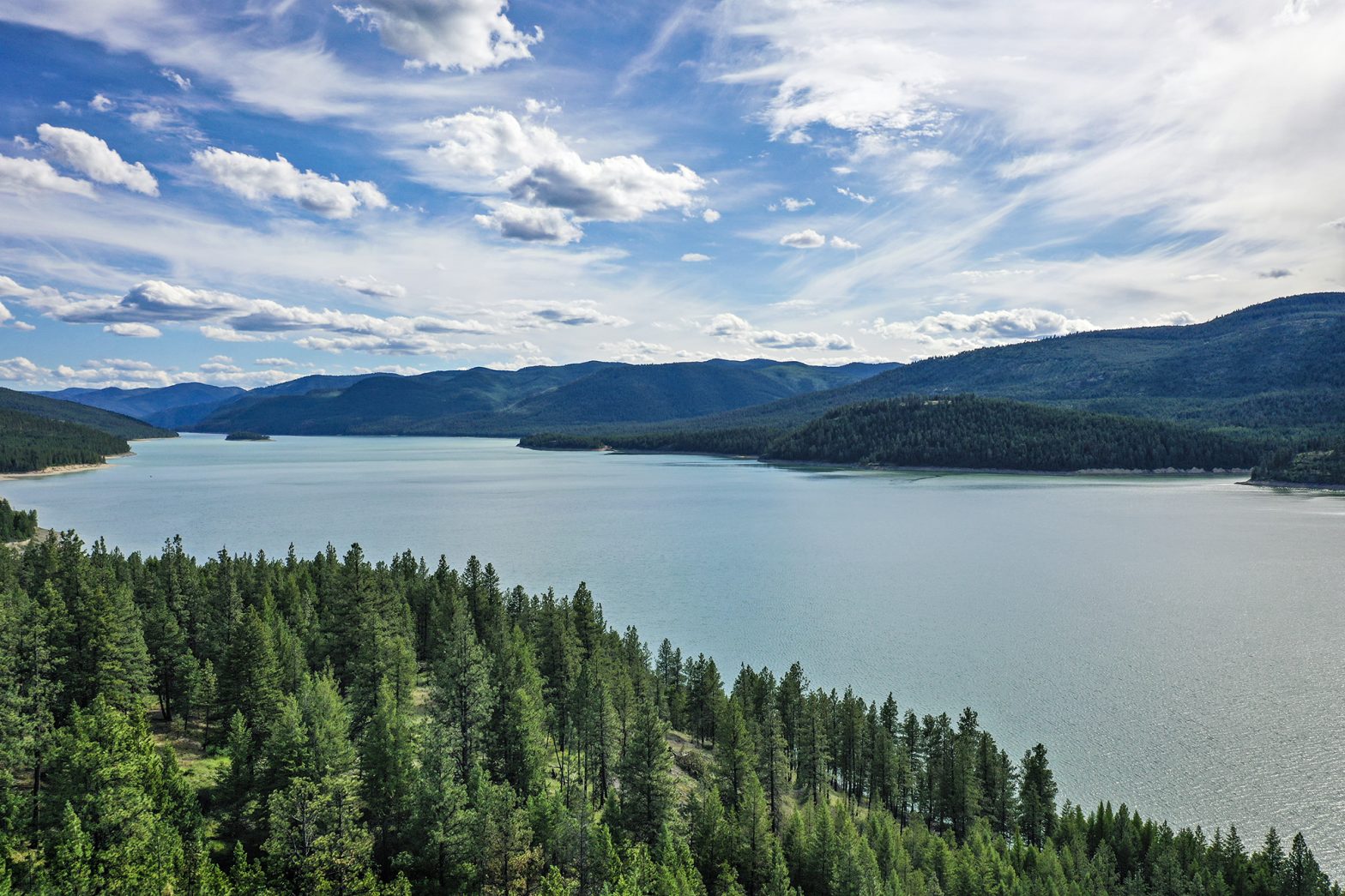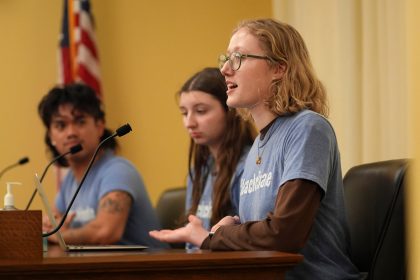US, Canada and Indigenous Groups Announce Proposal to Address Cross-Border Mining Pollution

BILLINGS, Mont. (AP) — The U.S., Canada and several indigenous groups announced a proposal on Monday to address pollution from coal mining in British Columbia that officials say has been contaminating waterways and harming fisheries on both sides of the border for years.
The proposal would be executed through a century-old U.S.-Canada boundary waters treaty, establishing independent boards to study the pollution’s extent and make cleanup recommendations.
Details were obtained by The Associated Press in advance of the proposal’s public release. It comes after indigenous groups in British Columbia, Montana and Idaho lobbied for more than a decade for the federal governments in the U.S. and Canada to intervene and stop the flow of pollution.
Scientists from the U.S. Environmental Protection Agency several years ago confirmed high levels of selenium in fish and eggs in Montana’s Kootenai River downstream of Lake Koocanusa, which straddles the U.S. Canada border. The chemical, released when coal is mined and washed during processing, can be toxic to fish, aquatic insects and the birds that feed on them.
Some members of the Ktunaxa Nation — which includes two tribes in the U.S. and four first nations in Canada — depend on those fish populations for sustenance.
“The fish, especially the smaller ones, you see a lot of damage. You’re starting to get abnormalities in their bodies, reproductive issues,” said Tom McDonald, Vice Chairman of the Confederated Salish and Kootenai Tribes in northwestern Montana. “It has to stop.”
Selenium concentrations in water entering Lake Koocanusa have been increasing for decades, and studies have shown it’s coming from coal mines in the Elk River valley of British Columbia. The Elk River drains into the Kootenai before it crosses the border into Montana, then flows into Idaho and eventually joins the Columbia River.
Diplomatic groundwork for Monday’s proposal was laid last year, when President Joe Biden and Prime Minister Justin Trudeau announced in March 2023 that the U.S. and Canada hoped to reach an “agreement in principle” in the following months to reduce the pollution in the Elk-Kootenai watershed in partnership with tribes and first nations.
“All the parties know that time is of the essence,” said Stephenne Harding, senior director for lands at the White House Council on Environmental Quality. “The pollution levels in this system are increasing and we need shared solutions to protect people and species. This process helps bring together all the data and the knowledge … so we have it in one place where we can make important decisions.”
Gary Aitken Jr., Vice Chairman of the Kootenai Tribe of Idaho, said tribal leaders have been lobbying for federal intervention for at least 12 years.
“It’s been frustrating,” he said. “We hope it’s a turning point and that the governments will work in good faith to finally begin” cleanup work.
The proposal — submitted through a bilateral panel known as the International Joint Commission — calls for no more than two years of study to gauge the extent of pollution. The goal is to develop a plan to reduce pollution impacts “as quickly as possible,” said U.S. Deputy Assistant Secretary of State Rachel Poynter.
“This is a first step and we recognize that, but it is a critical key first step,” Poynter said.
Officials from Montana, Idaho and British Columbia also would be invited to participate.
Sen. Jon Tester of Montana issued a statement saying he’s pleased that officials in Canada are involved after previous complaints from tribes that they were not cooperating.
“I’ll continue to put pressure on the State Department to hold the Canadian government accountable,” the Democratic lawmaker added.
A Canadian coal company paid a $60 million fine in 2021 after pleading guilty in a court case involving pollution discharges in British Columbia blamed for harming fish populations. Investigators found Teck Resources Limited discharged hazardous amounts of selenium and calcite from two coal mines.
Teck Resources spokesperson Chris Stannell said in response to Monday’s proposal that the company is making progress in improving water quality. It has built four water treatment plants that are removing at least 95% of the selenium from treated water, he said, with six more treatment plants planned by 2027.
“The plan is working, selenium concentrations have stabilized and are now reducing downstream of treatment,” Stannell said.
Coal from the region is mined through a highly disruptive method known as mountaintop removal and sold to foundries for steel and metal production.
Kathryn Teneese, who chairs the Ktunaxa Nation Council that includes the indigenous groups, said two years to study the issue and come up with potential solutions marked an aggressive timeline.
“”I’m hopeful it will help inform Teck, also in terms of the work they’ve been doing,” Teneese said. “We acknowledge and recognize they have been doing what they can to address it, but hopefully some outside intervention will speed up that process.”
























